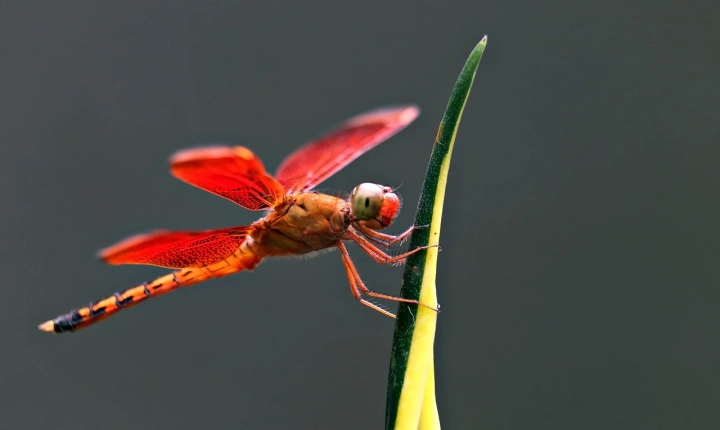Title: Can the AI Manga Filter Detect Ghosts?
In recent times, technology has made significant advancements in the field of artificial intelligence, enabling the development of various tools and applications that offer innovative solutions to everyday problems. One such application is the AI manga filter, which has gained popularity for its ability to transform photographs into manga-style artwork using AI algorithms.
However, an intriguing question arises – can the AI manga filter detect ghosts? This question may sound like something out of a science fiction novel, but it has piqued the curiosity of many individuals who are fascinated by the paranormal and the potential capabilities of AI technology.
The AI manga filter operates by analyzing elements of an image, such as facial features, colors, and textures, and then applying a stylistic transformation to give it a manga-like appearance. This process involves complex algorithms and machine learning techniques that have been trained on a vast amount of manga artwork to replicate the distinctive style of manga illustrations.
But when it comes to the detection of ghosts, the AI manga filter faces a unique challenge. Ghosts, if they exist, are said to be supernatural entities that are not bound by the laws of the physical world. They are often depicted as ethereal, translucent figures or misty apparitions, which may not conform to the visual patterns and structures that the AI manga filter is designed to recognize.
In a purely technical sense, the AI manga filter is not programmed to identify or detect paranormal entities such as ghosts. Its primary function is to process and stylize images based on artistic principles, rather than to discern the presence of supernatural phenomena. Therefore, from a scientific standpoint, it is unlikely that the AI manga filter would be capable of detecting ghosts.
That being said, the question of whether the AI manga filter can detect ghosts raises broader philosophical and metaphysical considerations. It delves into the realms of belief, spirituality, and the unknown, where technological capabilities intersect with cultural and supernatural beliefs.
In popular culture, the idea of using technology to detect ghosts is not entirely new. Devices such as electromagnetic field (EMF) meters and infrared cameras have been employed by ghost hunters and paranormal researchers in an attempt to capture evidence of supernatural activity. These tools are based on scientific principles and have gained a following in the paranormal community, albeit with varying degrees of skepticism from the scientific community.
In the case of the AI manga filter, its limitations in detecting ghosts highlight the boundaries of technology and the human experience. While AI has made remarkable strides in replicating artistic styles and interpreting visual data, the realm of the supernatural remains elusive and open to interpretation.
Ultimately, the question of whether the AI manga filter can detect ghosts may be more of a thought experiment than a practical inquiry. It serves as a fascinating exploration of the intersections between technology, art, and the supernatural, inviting us to consider the boundaries of what can be achieved through AI and the mysteries that lie beyond our current understanding.
In conclusion, the AI manga filter, with its remarkable ability to transform photographs into manga-style artwork, is not equipped to detect ghosts. Its functionality remains rooted in artistic interpretation rather than paranormal investigation. Nevertheless, the question of whether technology can bridge the gap between the physical and spiritual worlds continues to captivate the imagination, offering a lens through which to explore the enigmatic and the unknown.
